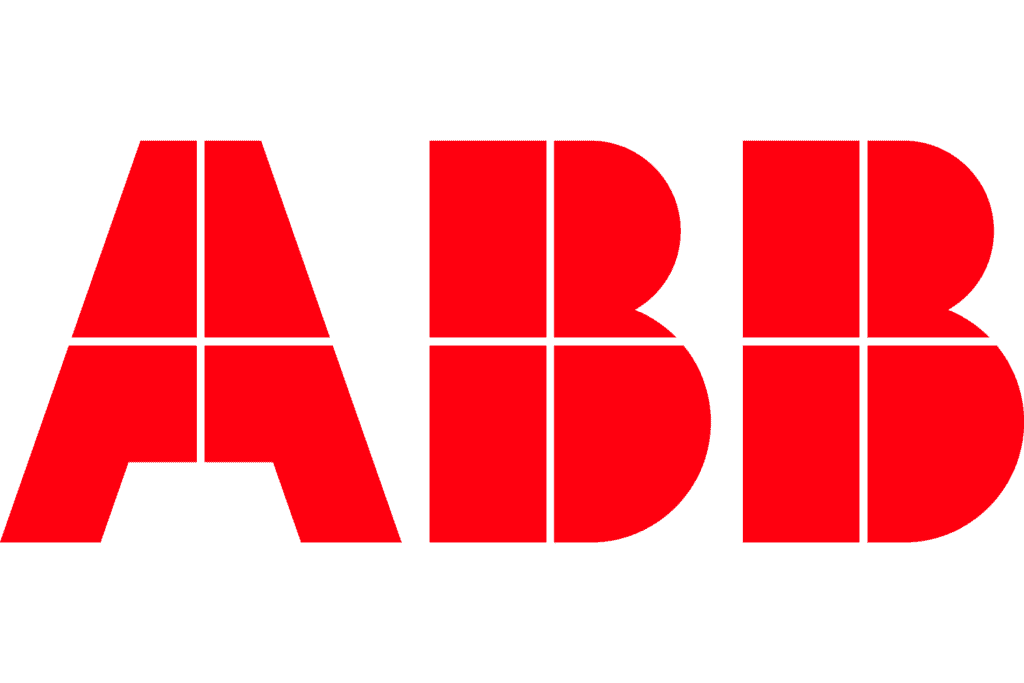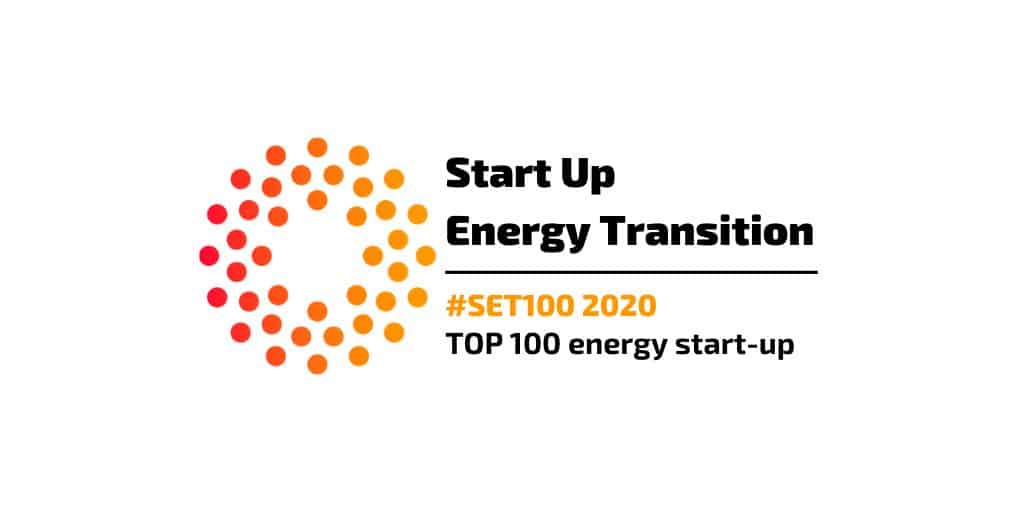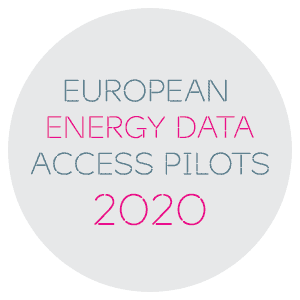Earlier this year, the European Union unveiled its exciting new ‘Fit for 55’ legislative package which set out pivotal reforms for a more sustainable Europe. Working hand-in-hand with this drive for a greener future also comes an increased EU focus on making Member States ‘fit for the digital age’.
Their ambitions come initially in the form of a European Digital Identity Framework and upcoming new Data Act, two proposed regulations designed to shape and indeed accelerate EU digital transformation. With data access and exchange core sitting at the heart of both, they aim to boost technological innovation and encourage creation of new business models focussed on a frictionless data-led digital economy. For energy, the proposals could have a hugely positive impact – in an industry which still struggles to overcome legacy barriers around data access, streamlining problem areas such as procurement processes could lead to much needed progress.
What is the European Digital Identity Framework?
Also known as the EUid Regulation, the European Digital Identity Framework expands on legislation that was initially set out back in 2014. A central feature of the framework is the creation of a European Digital Identity Wallet which will smooth access to both public and private services for consumers across the EU.
Under the new regulations, official identity documentation, such as passports and birth certificates, can be linked with other certificates such as university degrees to form a secure set of digital credentials, used to authenticate identity for online transactions. Importantly for those raising the inevitable issues around data privacy, consumers will remain fully in control of their own personal data and what they choose to share. In fact, the EU requirement for Member States to establish a toolbox of common standards and guidelines with relation to the Digital Identity Wallet has the potential to actually strengthen data protection by offering a far more cohesive, standardised cross-border approach to data that was perhaps previously fragmented or held in databases with differing security protocols. It should also deliver operational efficiencies for businesses requiring strong user authentication, such as those within energy and transport.
And what is the Data Act?
The proposed Data Act is an important building block that sits within the broader European Strategy for Data published last year. The recent Inception Impact Assessment for the Act sets out how better access to data is essential to develop new products and services across all industries. If adopted, the Data Act would address some of the challenges we see around data access, particularly B2B and B2G (privately held data to public sector), by proposing a far more accessible and flexible framework for data exchange, and fairer distribution of usage rights. It picks up on issues including high initial investment costs of data, the need for a more competitive market for data processing services and the lack of standards, particularly around smart contracts.
The draft Data Act, currently in public consultation phase, is expected towards the end of the year.
What value will this legislation bring to the energy industry?
Despite the prolific nature of data within the energy industry, it remains fragmented and is simply not yet being exploited to its full potential for many of the reasons set out by the EU in the Data Act’s Impact Assessment. As an example, the vast volumes of data generated by electric vehicles are still largely siloed as proprietary by manufacturers and not easily accessible to third parties. This stifles any opportunity for collaboration and as a result puts the brakes on the technological advances needed if the EV sector is to play a vital role in reducing fossil fuel reliance.
In proposing both the European Digital Identity Framework and the Data Act, the EU is recognising the value of data sharing in driving innovation, improving decision-making and enabling greater all-round operational efficiency. Indeed, the Impact Assessment highlights specifically that the type of data generated through industrial use, such as renewable energy sources or perhaps commercial smart meters, will ‘grow at exponential scale of the years to come’ and has ‘untapped innovative potential in secondary and tertiary uses…through the development of novel services that rely on access to such data.’
This is absolutely accurate. We’ve previously discussed in our White Paper [LINK] how enhanced data connectivity enables organisations to participate in a broad developer ecosystem, opening up new revenue streams and increasing visibility to new markets. It offers the potential of expanding the Energy-as-a-Service business model, which relies so heavily on data and digitalisation. The more flexible data access and the benefits of the Digital Identity Wallet described by the EU are entirely in line with the aims of the energy industry to deliver a more consumer-centric system – a smarter, more efficient system, working digitally end-to-end with benefits to both consumer and energy business.
These reforms also acknowledge the need to improve the commercial processes involved in the data exchange itself. Currently, procurement processes for inter-organisational data access are still carried out largely offline, making them extremely cumbersome and economically draining. Procuring data, particularly from private organisations such as OEMs, can be prohibitively expensive for SMEs. We already know that taking an API-approach to data can unlock the flow of information by standardising data transfer technology. Using an API marketplace such as that offered by re.alto further streamlines the process by providing a fully integrated digital transaction service, including contract management and centralised governance. This is the direction that energy needs to take on a far broader scale when it comes to data, and we can be sure that the Data Act will help drive this forward by reducing any friction and establishing a smooth data flow within a wider, competitive data economy.











